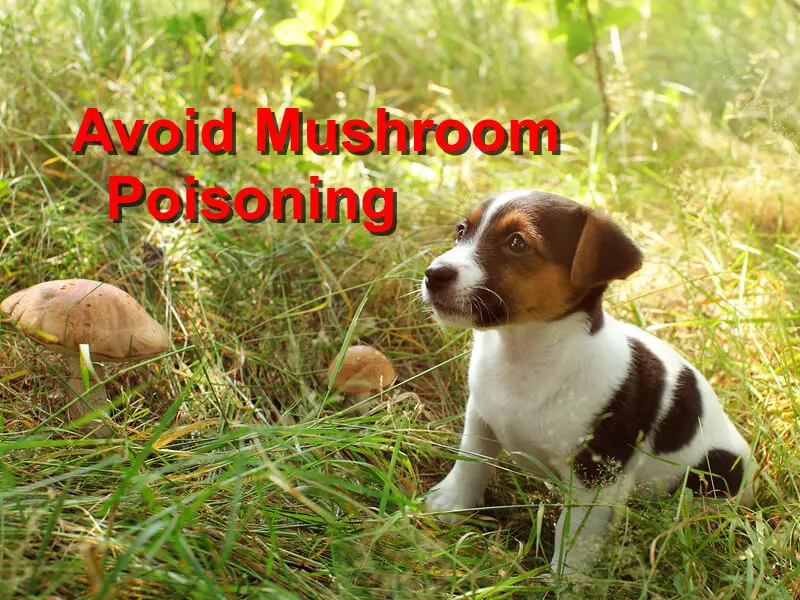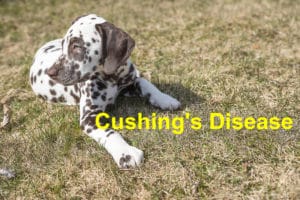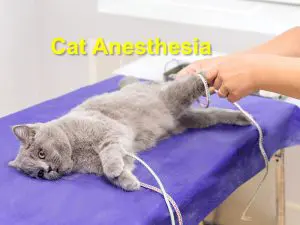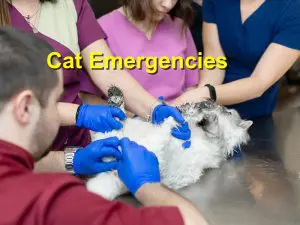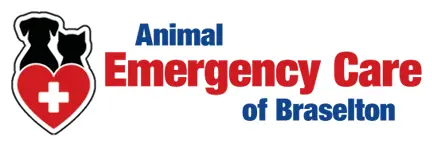Avoid Mushroom Poisoning in Pets
Although often underestimated, mushroom intoxication is the leading cause of pet death each year worldwide. Death cap mushrooms are the major cause of poisoning and are commonly found in pine trees. These deadly fungi usually thrive well in cool temperatures and can be found in rainy seasons as well. Unlike most poisonous plants, pet owners have to deal with an identification issue when it comes to Death cap mushrooms.
While it can be challenging to spot the difference between poisonous and non-poisonous mushrooms, one common feature that distinguishes the Death Cap mushroom is their yellowish-green covering. Another essential characteristic that makes the Death Cap mushroom prominent is the strong odor it discharges when decaying. The odor often seems appealing to cats and dogs and normally leads to mushroom indigestion.
Immediate medical care
Veterinarians urge pet owners to visit their vet immediately if their pet has consumed any type of mushroom. And though only a few cases have been directly related to mushroom ingestion, clinical signs your pets has ingested this poisonous plant will become more prominent between 6-12 hours. In most cases, the initial symptoms are gastrointestinal and will result in diarrhea and vomiting. Blood can be spotted on the stool.
However, these symptoms always resolve within a few hours. But this doesn’t necessarily mean that your pet is in good health. Unfortunately, after the onset of these symptoms, the pet will develop liver and kidney failure, and liver disease is more common. At this point in time, immediate treatment is of the utmost importance.
Proper identification is vital
All mushrooms usually have varying toxicity. While some lead to self-limiting stomach distress, other can cause neurological problems like seizures and tremors. Proper identification is important to ensure the appropriate treatment is administered to prevent serious illness that can lead to the death of your furry friend.
To ensure your pets are safe from harm, you should keep them away from ingesting toxic mushrooms as they walk or play in the yard. As mentioned earlier, you need to contact the vet if you suspect your furry friend has consumed something suspicious. Ensure you keep a close eye on your pets during outings and walks to protect their health. More importantly, try and uproot all the mushrooms that grow in your backyard.
Conclusion
If you suspect your pet has ingested something toxic, you should visit the vet immediately to ensure your furry friend gets appropriate treatment.
References: Modern Dog Magazine, Petmd, Preventive Vet

